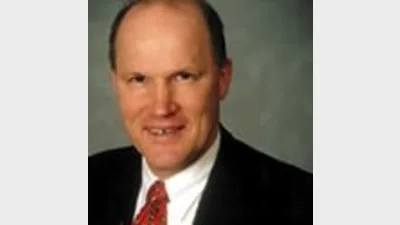White labelling should come with more financial adviser control, says AIOFP



Acquisitions of platform providers should include more financial advisers consultation where white labelling is involved, according to the Association of Independently Owned Financial Planners (AIOFP) executive director, Peter Johnston.
The issues arising from acquisitions such as that of Oasis Asset Management by OnePath (then ING Australia) in 2006 related to client ownership and equity, according to Johnston.
"These sales have resulted in the transfer of client ownership - the core asset of all practices - and it must be addressed as a high priority," Johnston said.
AIOFP said it expected its members to demand more involvement and equity in financial products and platforms in the future.
"Especially as a number of national dealer groups, who built the business with their white label Oasis products, received nothing from the sale to acknowledge both their contribution and efforts."
AIOFP predicted a paradigm shift within financial services whereby financial advisers in growing numbers will demand greater control and management over their clients.
Furthermore, "properly structured" private label platforms is another strategy which could address financial adviser demands.
Johnston said poor inflows in recent times have seen a change in some of the major institutions as they adopt a more "conciliatory" approach.
Recommended for you
The top five licensees are demonstrating a “strong recovery” from losses in the first half of the year, and the gap is narrowing between their respective adviser numbers.
With many advisers preparing to retire or sell up, business advisory firm Business Health believes advisers need to take a proactive approach to informing their clients of succession plans.
Retirement commentators have flagged that almost a third of Australians over 50 are unprepared for the longevity of retirement and are falling behind APAC peers in their preparations and advice engagement.
As private markets continue to garner investor interest, Netwealth’s series of private market reports have revealed how much advisers and wealth managers are allocating, as well as a growing attraction to evergreen funds.











